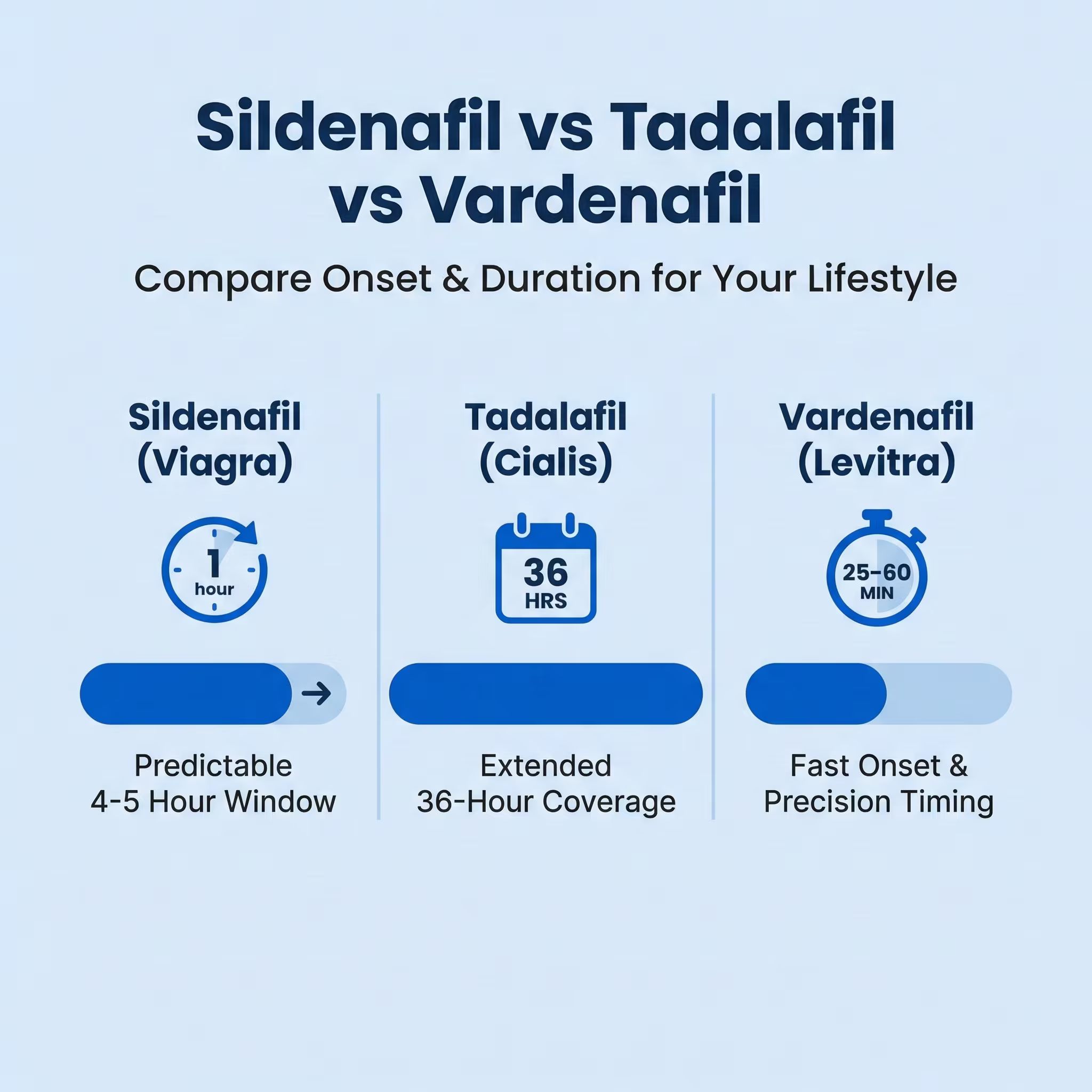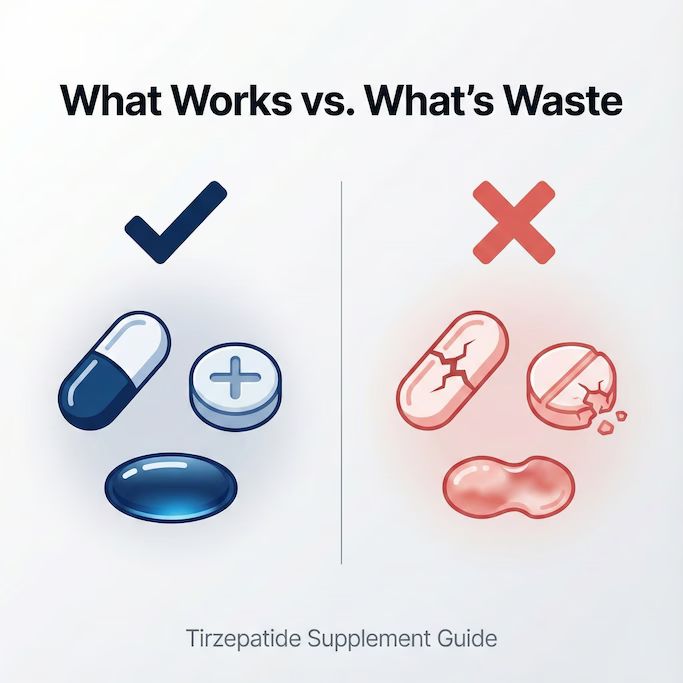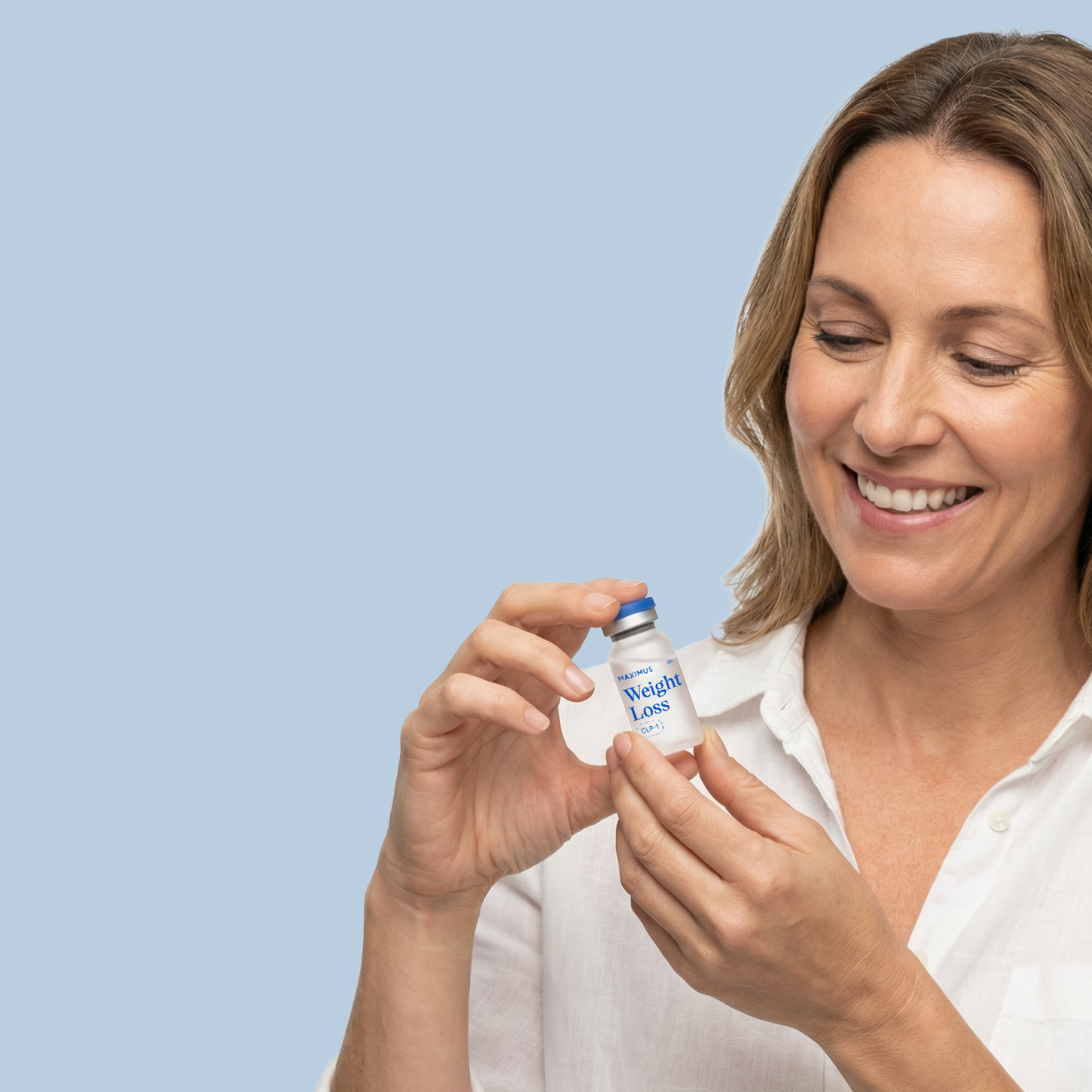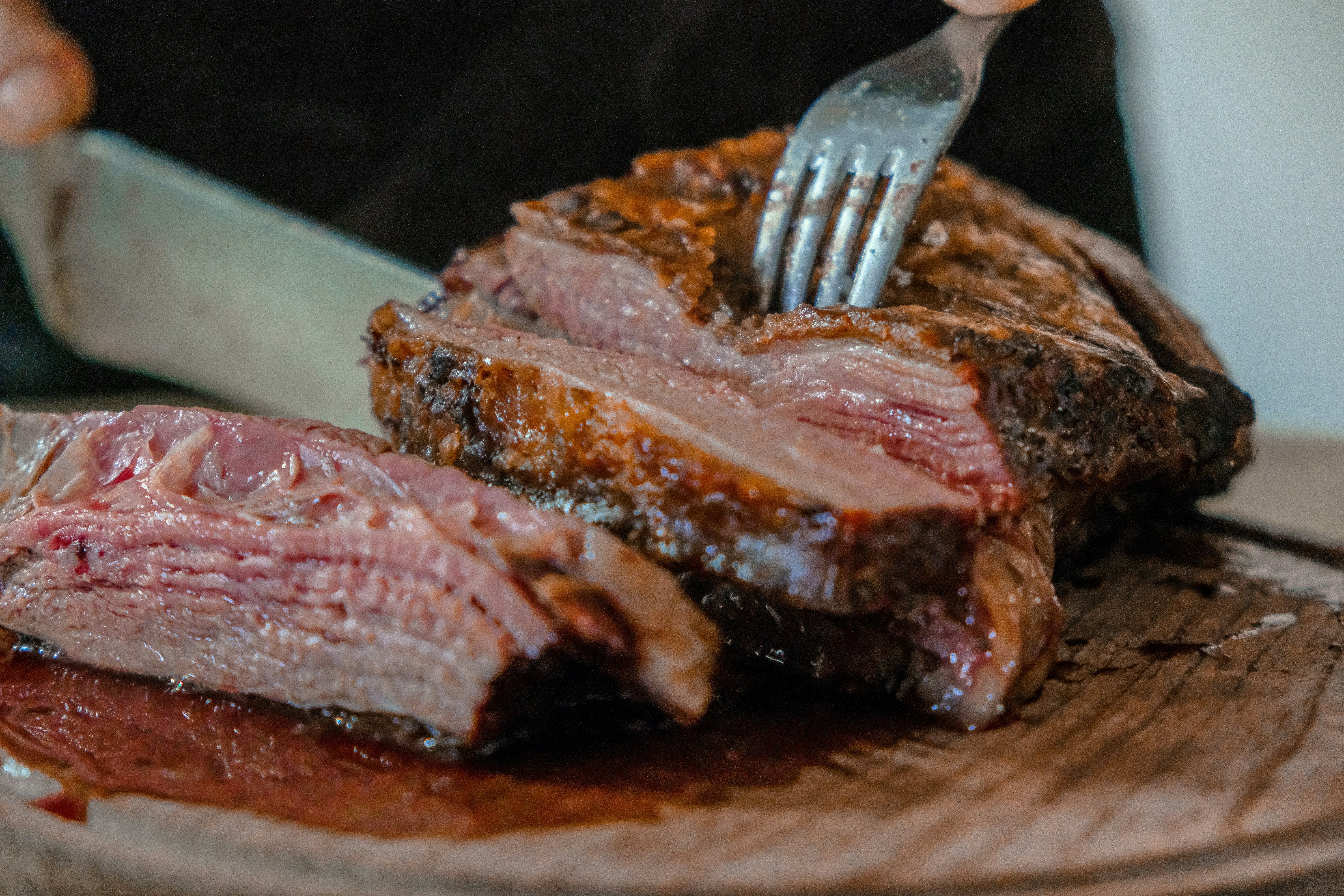In the book Genghis Khan and the Making of the Modern World, cultural anthropologist Jack Weatherford details how Mongol warriors consumed a protein-heavy diet of mostly meat and dairy, giving them a significant advantage over Jurchen soldiers who mainly ate grains. Where even some of the poorest Mongol warriors were healthy and strong in part due to their high intake of protein, the grain-fed soldiers were said to have problems with their bones and teeth, leaving them weak and prone to disease.
What Weatherford doesn’t mention is the effect this high-protein diet must have had on the testosterone levels of these mighty Mongol warriors. We know that testosterone plays a critical role in many factors that one might associate with warrior status, like muscle size, bone density, overall strength, and energy levels. And studies show that a low-protein diet is associated with a decline in serum testosterone levels and notable decreases in testis, epididymis, and seminal vesicle weights, which can contribute to male infertility.
Let’s dig in a bit deeper into how protein supports your testosterone, the best way to integrate protein into your diet, and how much protein you should be getting daily.
How protein in your diet affects testosterone
Eating enough protein is an important part of maintaining optimal testosterone levels throughout life. As this study explains, eating enough protein during the years around puberty and early adolescence can potentially boost levels of a hormone called insulin-like growth factor, or IGF-I, which helps to develop bones and lean mass. IGF-I has also been found to boost testosterone production via Leydig cells in the testicles.
Including enough protein in your diet is also key in maintaining a healthy weight. This is for a few reasons, including that it helps you feel full and satisfied, and gives you the energy you need to move your body. Excess body weight in the form of moderate obesity has been shown to decrease total testosterone due to insulin resistance, which triggers reductions in other important hormones like sex hormone binding globulin (SHGB). Meanwhile, consuming too little protein can lower your ability to maintain or improve muscle mass.
What is the recommended daily intake of protein?
At Maximus, we suggest eating at least 0.82 grams of protein per pound of body weight daily. If you can manage to get one gram per pound, that's even better.
Protein is obviously extremely important, but you don’t want to take things too far. You may have come across the recent research that argues that high-protein diets can actually decrease testosterone. But before you get worried, it’s important to understand that the definition of “high protein” in this research was really high — over 3.4 grams of protein for every kilogram of body weight each day, which is equivalent to about 1.5 grams of protein for every pound of body weight.
Beyond protein, you’ll also want to ensure you’re getting the other nutrients your body needs to perform at its best, including the other macronutrients, which are healthy fats and carbohydrates. You should also be cautious when it comes to calorie restriction and fasting. Long-term and intense calorie restriction has been shown to reduce total and free testosterone concentrations, regardless of body fat levels. And in this study, a 10-day fast in mildly obese men led to significant decreases in testosterone concentrations. Researchers speculated fasting directly impacted the testes by either making them less responsive to hormone signals or by slowing down the production of steroids.
To lose weight, Dr. Cam, CEO of Maximus, suggests aiming for a diet where 50% of your calories come from protein, 30-45% from fat, and the remaining 5-20% from carbs. If you’re looking to maintain your weight, he suggests you opt for eating 35% protein, 45% fat, and 20% carbs.
Dr. Cam’s Health Hack
In addition to steering clear of soy and protein bars, many of which he sees as glorified candy bars, Dr. Cam offers the following advice when looking for optimal protein sources:
“Conventional chicken & pork are overrated as meats (vs. wildfowl & boar). Focus on offal (organ meats), seafood, red meat, & eggs/dairy as your main protein sources.”
Too busy to cook? Dr. Cam recommends these three protein-rich foods that require minimal prep time:
- Sardines, which contain all essential amino acids and omega-3s.
- Greek yogurt, many of which contain a whopping 10 grams of protein for every 100 gram serving.
- Fairlife milk, which is filtered to be a high-protein, low-carb milk product and is lactose- free.
Some important takeaways
- Eating enough protein can potentially boost levels of a hormone that’s key in developing bones, lean mass and even boosting testosterone production via Leydig cells.
- Adequate protein intake is essential for maintaining a healthy weight. Excess body weight, often linked to insulin resistance, can decrease total testosterone levels.
- Aim for at least 0.82 grams of protein per pound of body weight, or 1 gram per pound. Moderation is key, as extremely high protein intake may lower testosterone levels.
Disclaimer: The contents of this article, including, but not limited to, text, graphics, images, and other information, is for information purposes only and does not constitute medical advice. The information contained herein is not a substitute for and should never be relied upon for professional medical advice. The content is not meant to be complete or exhaustive or to be applicable to any specific individual's medical condition. You should consult a licensed healthcare professional before starting any health protocol and seek the advice of your physician or other medical professional if you have questions or concerns about a medical condition. Always talk to your doctor about the risks and benefits of any treatment. Never disregard or delay seeking professional medical advice or treatment because of something you have read on this site. Maximus does not recommend, endorse, or make any representation about the efficacy, appropriateness, or suitability of any specific test, products, procedures, treatments, services, opinions, healthcare providers or other information contained herein. Maximus is not responsible for, nor will they bear any liability for, the content provided herein or any actions or outcomes resulting from or related to its use.










